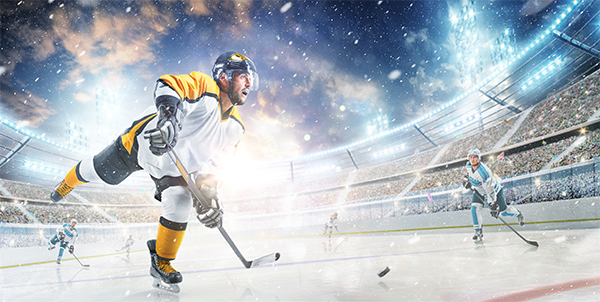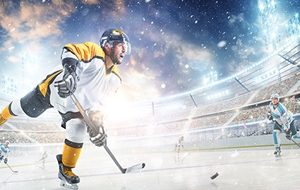
Athletes worldwide must adapt to various weather-related challenges, impacting their performance. Athletes may face hot, humid summer weather and freezing cold winters with wind and rain. How athletes adapt their training program can affect their performance in season. Seasonal athletes engaged in various sports such as cross country, track and field, soccer, football, lacrosse, ice hockey, and snow skiing should prepare their bodies for weather changes.
Mastering how to enhance performance in shifting seasons is crucial for any athlete. Let’s explore weather's impact on performance with tips for seasonal athletes:
Warm-up: When the weather cools down, muscle flexibility can decrease. The cooler weather can increase the risk of an injury. A thorough warm up before exercising or playing a game is crucial. Proper clothing and gear will help your muscles stay warm and maintain body temperature.
Optimal Fuel: Refueling the body, especially in the colder months, is critical for athletic performance. The best fuel source for your body is a hearty meal rich in carbs and protein two to four hours before exercising. Eating carbohydrates and a protein-rich snack an hour after completing a fitness program can help restore energy and repair muscles.
Hydration: In warmer weather, liquids get craved naturally, but in the coming months, pay close attention to your hydration levels. The cold weather can decrease your thirst up to 40%.1 Measure your water intake to meet the requirements for optional performance.
Training: Consistent training improves performance and also reduces the risk of injury. Although athletes should prepare for all weather conditions, most benefit from training in a conducive environment. Working out in the outdoor fall weather has benefits that will get noticed on game day!
Cold weather has some positive effects on athletes, including an increase in one's ability to focus. Playing in colder weather can also benefit the immune system, but burns more calories. Stay safe this season and prepare for the weather.
New Jersey Orthopaedic Institute (NJOI) offers treatment plans for athletes, including injury prevention, with over 40 years of award-winning experience in orthopedics and sports medicine.
Author: Dr. Robert Palacios is board-certified, fellowship-trained, and specializes in outpatient orthopedics and sports medicine. Dr. Palacios has been a team physician for Montclair State University since 1992 and a team physician for Seton Hall University since 2002. He is also the team physician for many high schools in the tri-county area. Dr. Palacios's accomplishments include receiving the Medical Teacher of the Year award from the Mount Sinai School of Medicine.





